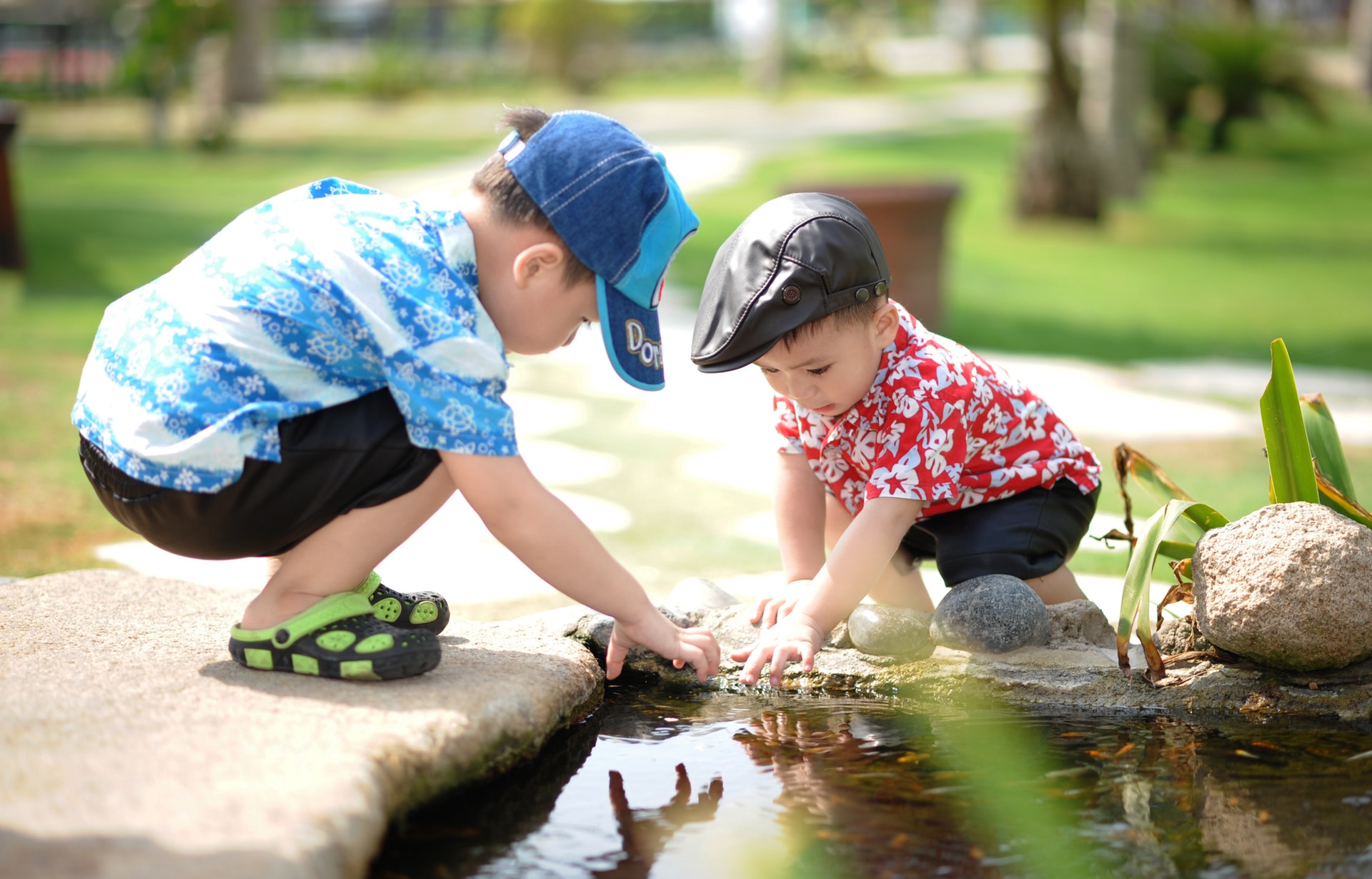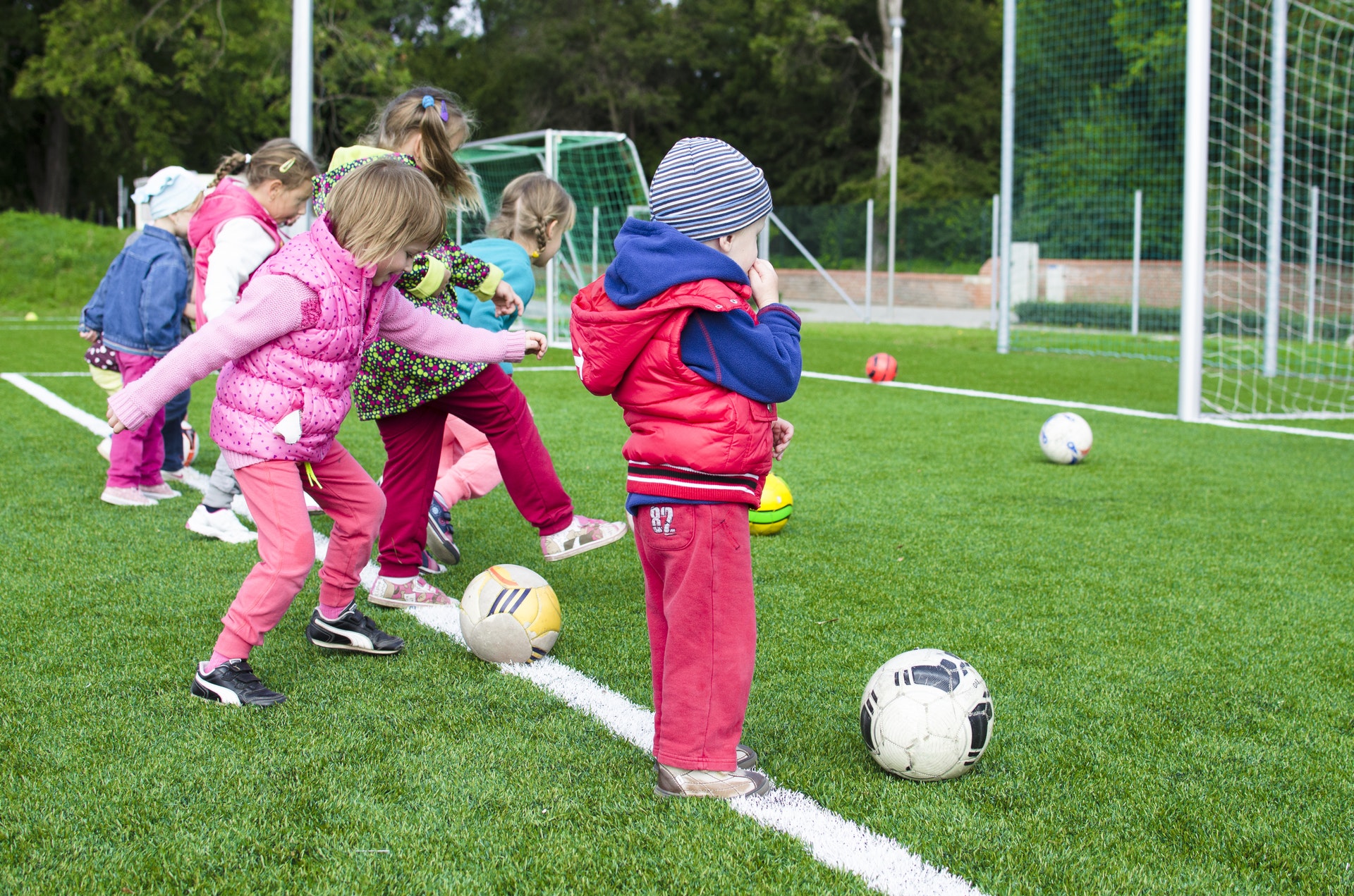As the new school year begins, parents and children are always faced with many unknowns. These may include harder classes, changes in schedules, or transitions to new schools. One of the biggest unknowns is how our children will manage their social world. Will they have friends in their classes? Will they get along with their peers? Will they be bullied and teased? Will they be accepted and treated well by others?

The answers to these questions are impossible to predict, although we know some children may be more at-risk for social problems than others. Children and teens may have trouble making friends due to shyness, lack of social skills, or even physical and neurological differences that set them apart from peers. At a time when school shootings are becoming a regular occurrence and suicide is the second leading cause of death in teens (according to the American Academy of Pediatrics), friendships are more valuable than parents may realize. However, we must keep in mind that quality is always more important than quantity. “Making a hundred friends is not a miracle. The miracle is to make a single friend who will stand by your side even when hundreds are against you.” One true friend this year can make all the difference.
Show Them How It’s Done
Children learn how to interact with others by watching the adults and older siblings in their life. Let them join you at social events and follow your lead. Make sure you model good social skills, good manners, and friendly behavior. Show them how to make new friends and be a good friend to the ones you have. If you struggle with shyness and anxiety in social situations, it is important to talk with a therapist about ways to overcome it. Your children are always watching and absorbing the behavior that you model for them.

Teach Basic Social Skills
Whether they are introverted or extroverted, most children and teens make mistakes in social interactions from time to time. Many children even lack basic knowledge of how to make friends and interact appropriately with peers. It is important to actively teach these skills from an early age. Encourage your children to say hello to others, make eye contact when they speak, wave or shake hands to greet others, smile and say “thank you,” and show kindness to everyone around them. It can even be helpful to walk them, step by step, through the process of meeting someone new. Brainstorm with them a list of general topics that can get the conversation started (age, grade, school, sports, hobbies, summer camps). Give them a script and a list of questions to keep the conversation going: “Hi, I’m Sally. What’s your name? I’m in 2nd grade, what about you? Do you play any sports? How long have you been playing?” For children who need more structured guidance, social skills therapy groups can be very helpful.



Create Opportunities
Without practice, our social skills get a little rusty. They need to be used regularly to keep them sharp. Children and teens will be better equipped to make friends quickly and easily if they are given lots of opportunities to practice. Make sure you constantly expose them to social events and settings where they must meet and talk to others. If they are withdrawing and pulling away, gently and firmly pull them back. Invite friends over for a dinner party, plan get-togethers with others, visit extended family members, volunteer as a family, sign them up for extracurricular activities, and encourage your teens to get a part-time job. When a true friend comes along, support that friendship in any way you can.

Stay Involved
Too often, parents are unaware that their child is struggling socially. It is so important to take this subject as seriously as academics. Monitoring your child’s friendships is as critical as monitoring their grades and test scores. Check in with them regularly to find out how things are going with peers. Ask specific questions, such as “Who did you play with at recess? Who did you sit by at lunch? What did you talk about? Who is your best friend in your class?” Observe your child at social gatherings and watch how they interact with peers. If you notice concerns or they describe problems making friends, use the opportunity to help them problem-solve. They are learning to navigate their social world and they need all the support they can get!

